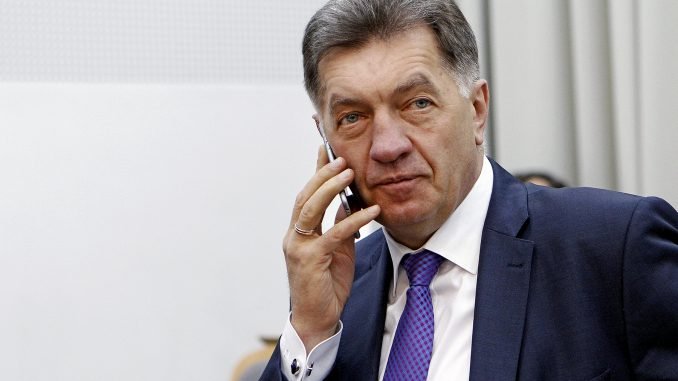
“I am not a pessimist and I would like to refer to the data which, to my mind, is the most important: Eurostat data shows that, in 2014, the number residents of Lithuania who faced poverty and social exclusion was smaller by 11 percent compared with 2013. This information is made public throughout Europe and is available for other countries,” Butkevičius said on LRT radio.
Experts note, however, that social exclusion is in fact growing in Lithuania. According to Jekaterina Rojaka, DNB Bank’s chief economist for the Baltic states, the gap between the highest and the lowest earners is at its widest since 2006.
Asked how this can be so during economic growth, PM Butkevičius has said that there are many kinds of statistics, while the biggest social exclusion that Lithuania has seen so far was five years ago.
“The biggest inequality of income in Lithuania was in 2010 when, with 7.3, we topped the European Union’s list of coefficients of income distribution. Meanwhile, the income distribution coefficient in the study of income and living conditions of 2014 remained unchanged compared with the previous year and stood at 6.1,” the prime minister said.

Be the first to comment